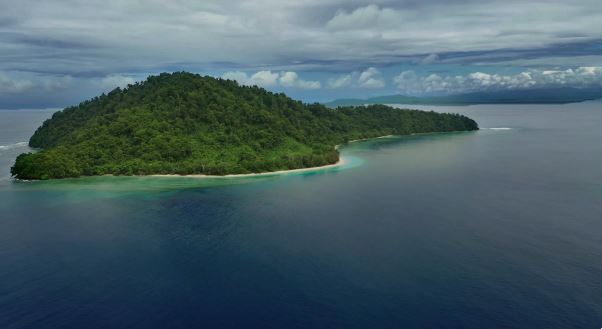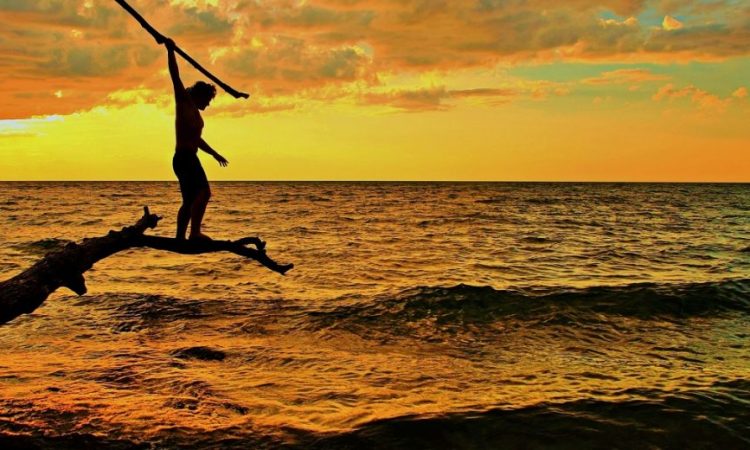Surviving and thriving on Palawan Island, with its diverse landscapes and tropical environments, requires some preparation and awareness.

Here’s a detailed set of survival tips to help you make the most of your experience on Palawan Island:
1. Health Precautions:
- Vaccinations:
- Ensure routine vaccinations are up-to-date, and consider additional vaccinations like Hepatitis A and B.
- Consult with a healthcare professional for advice on malaria prevention if traveling to remote areas.
2. Water Safety:
- Safe Drinking Water:
- Drink bottled or purified water to avoid waterborne illnesses. Avoid consuming untreated tap water.
- First rule of any survival is always stay hydrated, especially in the tropical climate, by carrying a reusable water bottle.
3. Insect Protection:
- Mosquito Repellent:
- Apply mosquito repellent, especially during dawn and dusk when mosquitoes are most active.
- Consider wearing long sleeves and pants to minimize exposure.
4. Weather Considerations:
- Typhoon Season:
- Be aware of typhoon seasons (typically June to November) and check weather forecasts before traveling.
- Follow local advice in case of adverse weather conditions.
5. Navigation and Communication:
- Local Maps:
- Carry local maps and familiarize yourself with the surroundings, especially if exploring remote areas.
- Download offline maps on your mobile device for navigation.
6. Wildlife Awareness:
- Marine Life:
- Be cautious of marine life, including corals and jellyfish, while snorkeling or swimming.
- Admire marine life from a safe distance and avoid touching or disturbing.
7. Outdoor Preparedness:
- Sun Protection:
- Use sunscreen with high SPF, sunglasses, and a wide-brimmed hat to protect against the sun’s strong rays.
- Seek shade during peak sunlight hours. Your survival is paramount don’t spend to much time in the sun.
8. Local Customs and Respect:
- Cultural Sensitivity:
- Respect local customs and traditions. Dress modestly when visiting religious sites.
- Ask for permission before taking photos, especially of locals.
9. Emergency Contacts:
- Local Emergency Numbers:
- Save local emergency numbers, including contact details for local authorities and medical services.
- Familiarize yourself with the location of the nearest hospitals or clinics.
10. Accommodation Safety:
- Secure Accommodations:
- Choose reputable accommodations with safety measures.
- Safeguard your belongings and use hotel safes for valuables.
11. Food Safety:
- Eat Cooked Food:
- Consume thoroughly cooked and hot food to reduce the risk of foodborne illnesses.
- Avoid raw or undercooked seafood.
12. Currency and Transactions:
- Cash Availability:
- Bring sufficient cash, especially when traveling to remote areas where ATMs may be limited.
- Notify your bank about your travel plans to avoid issues with card transactions.
13. Hiking and Exploration:
- Guided Tours:
- Consider guided tours, especially when hiking or exploring less-traveled areas.
- Inform someone about your plans if venturing into remote locations.
14. Environmental Responsibility:
- Leave No Trace:
- Practice responsible tourism by leaving natural environments as you found them.
- Avoid littering and respect the local ecosystem.
15. Crisis Management:
- Register with Embassy:
- Register with your embassy or consulate if staying for an extended period.
- Familiarize yourself with embassy locations and contact details.
16. Local Transportation Safety:
- Boat Safety:
- Prioritize safety when taking boat rides. Choose licensed operators with proper safety equipment.
- Wear life jackets during water activities.
17. Language Basics:
- Basic Phrases:
- Learn a few basic local phrases to facilitate communication.
- English is widely spoken, but locals appreciate efforts to speak their language.
18. Responsible Wildlife Interaction:
- Ethical Animal Tourism:
- Choose responsible wildlife tours that prioritize the well-being of animals.
- Do not support activities that involve captive or mistreated animals.
19. Insurance Coverage:
- Travel Insurance:
- Purchase comprehensive travel insurance covering medical emergencies, trip cancellations, and other unforeseen events.
20. Community Engagement:
- Support Local Communities:
- Engage with local communities respectfully and support local businesses.
- Contribute to sustainable tourism practices that benefit the local economy.
Palawan’s beauty is unparalleled, but being prepared and informed enhances your experience and ensures a safe and enjoyable journey by following these survival tips.

Survival Tips
By following these survival tips, you can navigate the island’s landscapes, engage with its culture, and create lasting memories while prioritizing your well-being and the conservation of Palawan’s natural wonders. Whether it’s a one day Island trip or a 3 day expedition island hopping from El Nido to Coron, safety and survival is always a going concern. Practice the above tips to ensure your safety on any boat tour.

